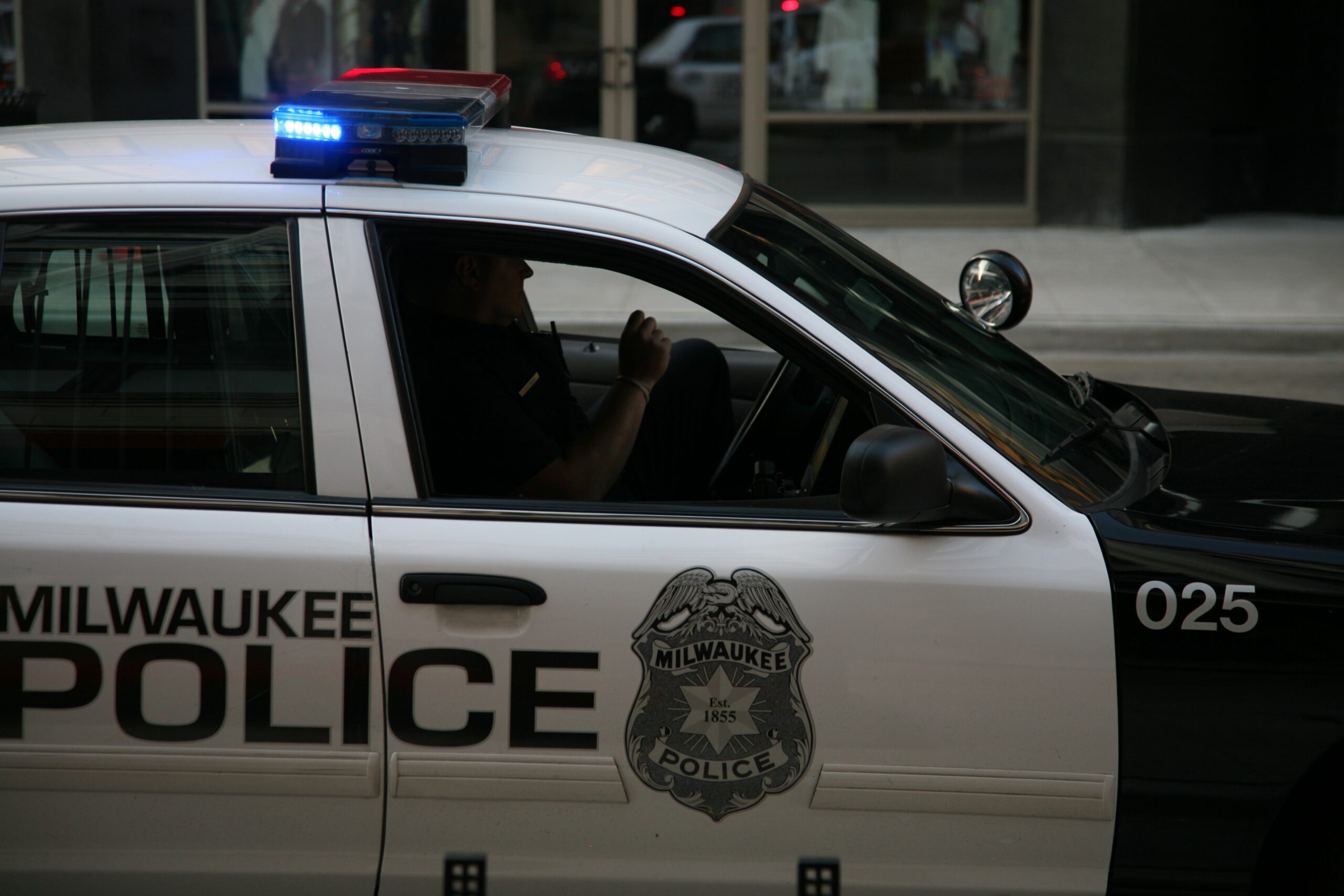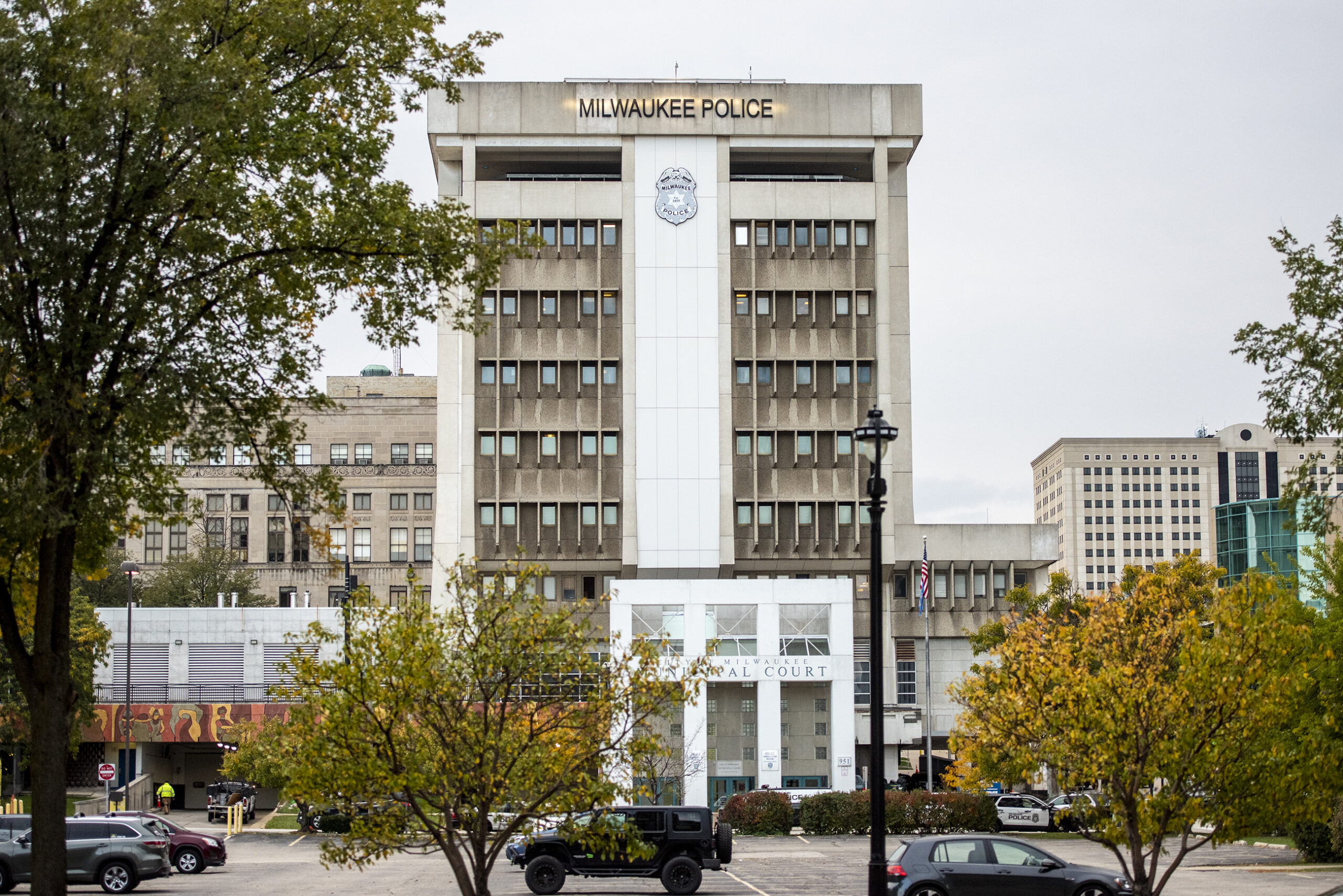The Milwaukee Police Department released their semiannual stop and frisk analysis as a part of the settlement agreement approved in 2018. The agreement requires the Milwaukee Police Department and Milwaukee’s Fire and Police Commission to release stop and frisk data regularly to the public and use an independent consultant to evaluate if the city, police department and commission are making programs to implement reform.
The new report prepared by the Crime and Justice Institute released on Tuesday, reviews police documentation and data of traffic stops, field interviews, no-action encounters and frisks from Jan. 1 to June 20, 2019. According to the report, there were 34,687 documented police encounters during the time frame.
The data shown in the report was collected while the Milwaukee Police Department was still changing polices and training officers on new documentation procedures.
Stay informed on the latest news
Sign up for WPR’s email newsletter.
Police Chief Alfonso Morales said during a discussion panel on Tuesday, that changes are being implemented and the public will see progressive improvement as the department makes cultural changes.
“We have information. We are taking it and actually welcoming it because it’s going to help us grow in these five years to see where we are going as a law enforcement agency,” Morales said.
According to the report, 58 percent of encounters involve males and over half of the individuals involved in police encounters were black. Sixteen percent of the individuals are white, 9 percent are Hispanic/Latino.
In July 2018, Milwaukee’s Common Council approved a $3.4 million settlement agreement with the American Civil Liberties Union of Wisconsin over the police department’s stop and frisk policies from 2010 to 2017.
The ACLU filed a class-action lawsuit in 2017 that deemed the department’s stop-and-frisk program vast and unconstitutional. The ACLU claimed the department targeted tens-of-thousands of people without reasonable suspicion of criminal activity and that there were significant disparities between the rates that police stop black and Latino residents compared to white residents.
Mike Brunson is the assistant chief of patrol for the department. He said during Tuesday’s panel that the department is switching its focus to becoming problem focused rather than activity focused. He claims the department is identifying who specifically is causing problems in the city and where crime is happening.
“If you compare the 2017 numbers to 2018 and 2019 you’ll see a huge decrease in the number of stops, however you’ll also see during that period of time a decrease in crime,” Brunson explained. “That’s because of the strategy to intently focus on those individuals that are creating problems in our community, even with the reduction in stops.”
Brunson said the new report should be looked at as a baseline. Before the ALCU lawsuit, the Milwaukee Police Department wasn’t required to do as much documentation as they are now.
“There was not a requirement for us to document individualized objective, articulable, reasonable suspicion for stops,” Brunson said. “Not that we weren’t doing it but there was no requirement at that time before this lawsuit to document those things. So, what this lawsuit has done is brought that to the forefront.”
The Settlement Agreement will remain in place for at least the next three years. Regina Howard with the department said she’s hopeful data will continue to shift and show how the department is improving.
“We are looking at and reviewing this data on a month basis to make sure we are on top of things,” Howard said. “We have made improvement on the prior data pool that was made when this whole ACLU lawsuit was first initiated.”
The next analysis report will be released in six months. The police department must be in compliance with the settlement agreement by July 23, 2020.
Wisconsin Public Radio, © Copyright 2025, Board of Regents of the University of Wisconsin System and Wisconsin Educational Communications Board.





